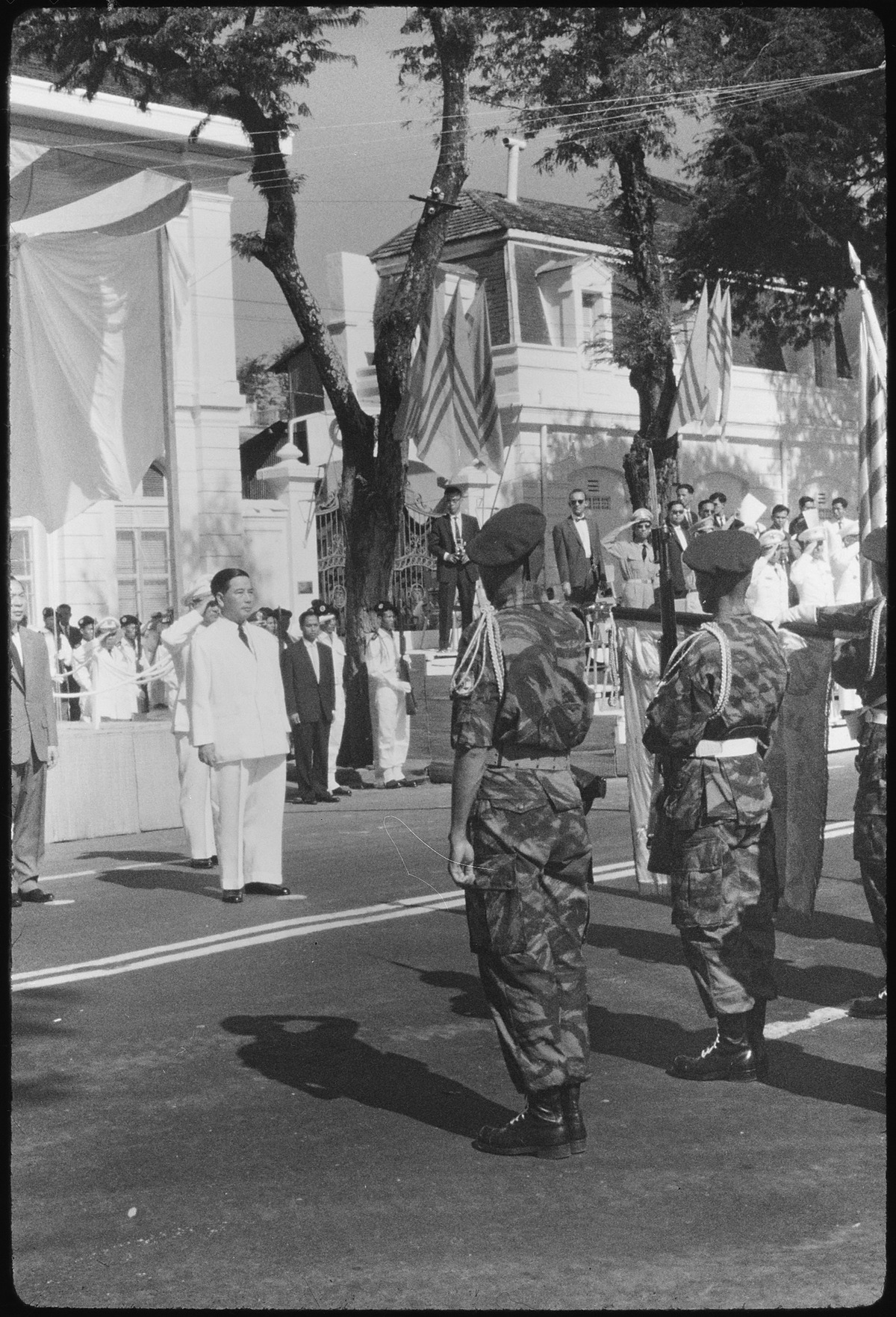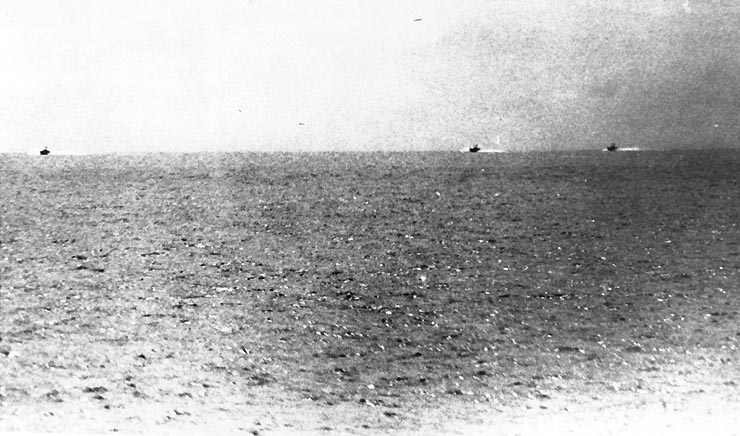steve_bank
Diabetic retinopathy and poor eyesight. Typos ...
I can't argue your experience.
The media reporting certainly had an effect on opinion. I remember a mother reported seeing her son killed in the news. There was the picture of a SVN police officer shooting a VC suspect in the head in a street. As we would say today it went viral. Pictures of monks burning themselves alive in the street.
When I got out of the Navy circa 1972 it was damned if you went in and damned if you didn't depending on who you talked to.
All the analysis I have seen and read would say ARVN was generally corrupt at least at the top. Drug traffucking. I know GIs were bringing back duffel bags of pot.
The Navy of my time was riddled with drugs.
SVN was never a country. The agreement was a partition until free elections. It was clear the communists would win, and we were not going to let that happen. At one point Minh approached the USA with a constitution similar to ours in some ways. He was rejected in favor of keeping it a French colony to support France post war.
The fact the VC existed as it did says something, even given their tactics. The anti foreigner sentimnet was starong. General Giap said something like we have been fighting for 100 years to rid ourselves of foreign powers and we will fight another 100 years.
The will and determination of the VN at Dien Ben Phu says something. People carrying supplies down the trail says something. We had overwhelming technology and it was not enough to overcome the VC and NV.
The media reporting certainly had an effect on opinion. I remember a mother reported seeing her son killed in the news. There was the picture of a SVN police officer shooting a VC suspect in the head in a street. As we would say today it went viral. Pictures of monks burning themselves alive in the street.
When I got out of the Navy circa 1972 it was damned if you went in and damned if you didn't depending on who you talked to.
All the analysis I have seen and read would say ARVN was generally corrupt at least at the top. Drug traffucking. I know GIs were bringing back duffel bags of pot.
The Navy of my time was riddled with drugs.
SVN was never a country. The agreement was a partition until free elections. It was clear the communists would win, and we were not going to let that happen. At one point Minh approached the USA with a constitution similar to ours in some ways. He was rejected in favor of keeping it a French colony to support France post war.
The fact the VC existed as it did says something, even given their tactics. The anti foreigner sentimnet was starong. General Giap said something like we have been fighting for 100 years to rid ourselves of foreign powers and we will fight another 100 years.
The will and determination of the VN at Dien Ben Phu says something. People carrying supplies down the trail says something. We had overwhelming technology and it was not enough to overcome the VC and NV.


